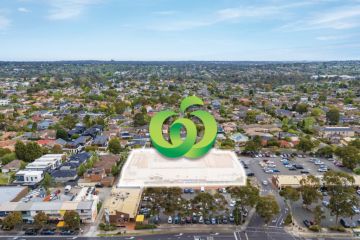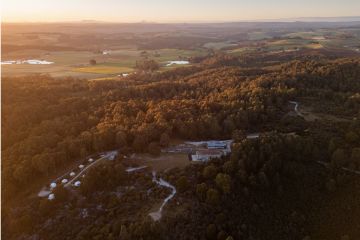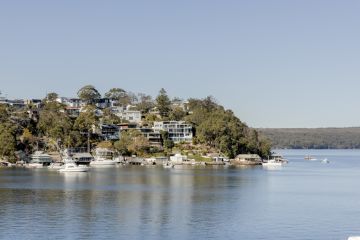Independent Schools Guide 2022: An ever-changing landscape at Trinity Grammar School, Kew
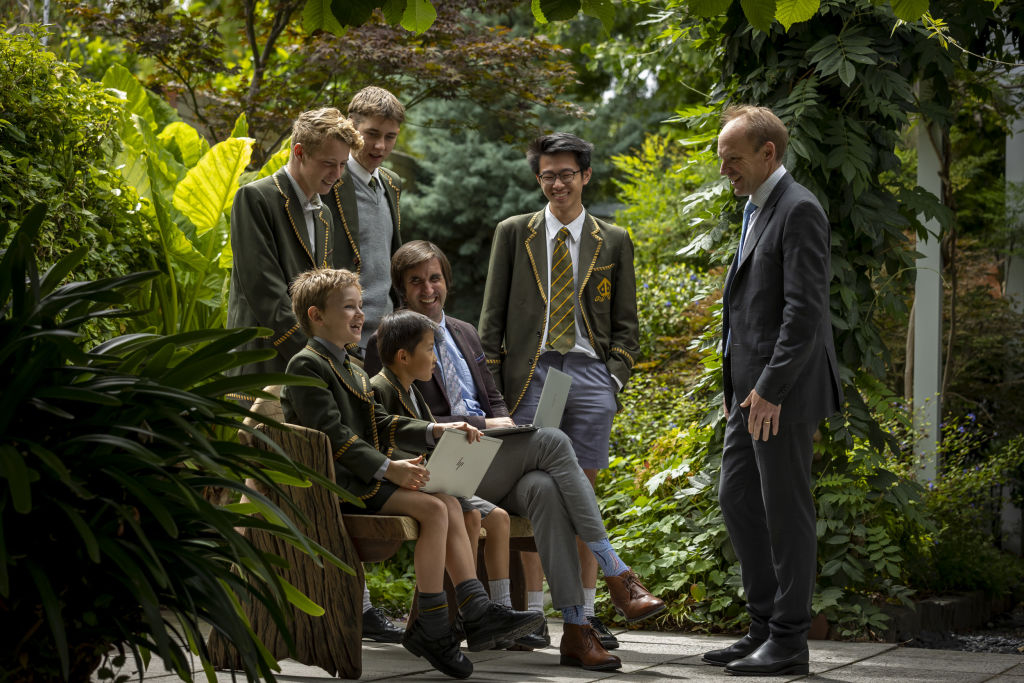
At Trinity Grammar School, Kew, the pandemic has underscored the importance of the school’s contemporary and comprehensive wellbeing and pastoral care programs.
“You can’t teach a child unless you know them, and you can’t know them unless you are caring for them. We place great importance on knowing the young people at our school as individuals and as learners,” says Adrian Farrer, principal of Trinity Grammar School, Kew.
The school also prioritises fostering a sense of community and belonging, and the importance of this was never more evident than during the past two years. Trinity relied on many of the mechanisms and touchpoints it already had in place to ensure that students and teachers remained connected.
“Our strong IT platform was pivotal. In the mornings, students went to our ‘Up and at ’em’ classes with Junior School staff who ran online activity and exercise classes for students. By the time we got through the pandemic and were ready to return to school, the students were running those classes for each other,” says Farrer.
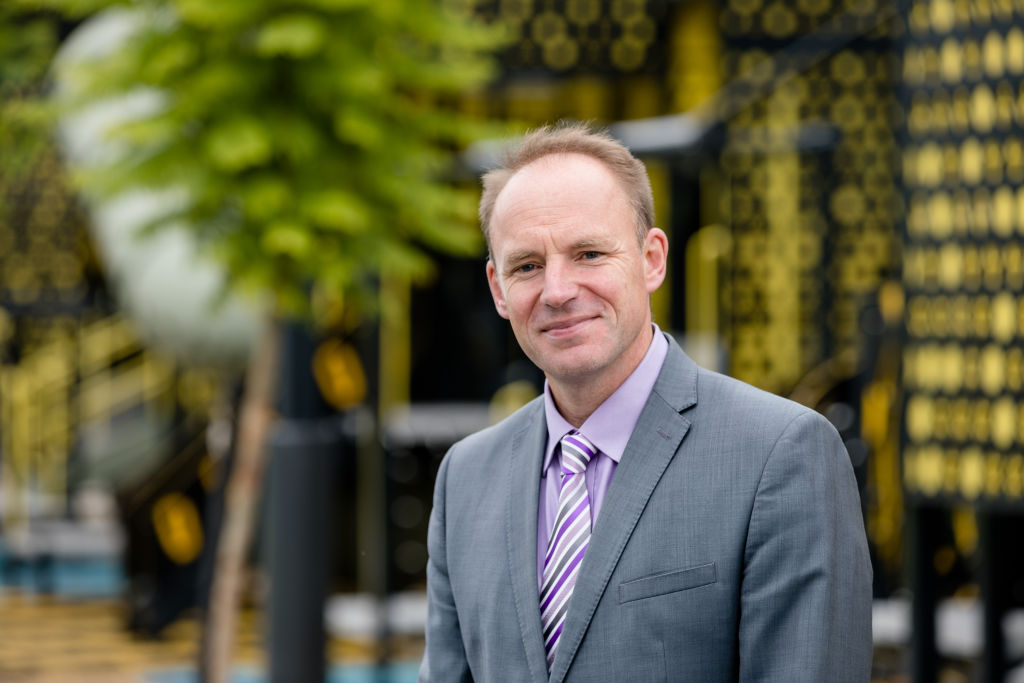
“We also organised online cooking competitions for our Year 8s. We messed up a lot of kitchens, but those competitions built a lot of new skills and brought students a lot of enjoyment!”
During the pandemic, Trinity also appointed Dr Justin McNamara as head of counselling to further enhance the school’s wellbeing and pastoral care programs and to support students after their return to the classroom.
“During the past two years, we know that young people have missed social connectivity, and we have a team of adults, including teachers and coaches, who are in young people’s lives and who are reconnecting them to the school. A big part of making that work is ensuring we know every student and their individual needs and nurturing those in an inclusive and respectful environment,” says McNamara.
“COVID has seen young people learn a lot about themselves, and I think there is now a greater emphasis on being emotionally and psychologically literate. There is a shift in how young people understand their emotions and mental health, and more conversations are happening around caring for one another.
“I see more students checking in with one another and asking each other how they are going and how they can support one another.
“Schools must be places where young people are valued, and I want the young people at Trinity to feel like this place was made with them in mind.”
Trinity has been sensitive to students having time and support to adjust to life after lockdowns.
“In the early stages of the return to school this year, the emphasis has been on getting used to the rhythm of school again and normalising school as a place where students can engage with their peers and teachers and get back into their academic, cultural and sporting endeavours. Our students have returned with a strong sense of raising their eyes and moving forward,” says Farrer.
Trinity’s wellbeing program supports both students and families. Expert speakers, including Paul Dillon, director and founder of Drug and Alcohol Research and Training Australia, cyber safety specialist Susan McLean and leading psychologist Dr Michael Carr-Gregg, provide seminars and workshops to educate families on how they can support their children.
Promoting healthy relationships across the school is also a primary focus of Trinity’s wellbeing program. It endeavours to develop young men with courage, humility and a strong sense of social justice.
“We hope our students borrow from what they learn here throughout their lives,” says Farrer. “Whenever they face a crunch point, if they come back to the bedrock they learnt at Trinity and the values of looking after others and themselves, then they can contribute to the world and thrive.”
Trinity Grammar School, Kew
40 Charles Street, Kew, VIC 3101
ENQUIRIES: (03) 9854 3600 WEBSITE: trinity.vic.edu.au
YEARS: ELC to Year 12
DENOMINATION: Anglican
GENDER: Boys
FEES: $24,556 to $35,972
BOARDING: No
SCHOLARSHIPS: Yes
ATAR: (Average for 2021): 86.65
- This article appeared in our Annual Independent Schools Guide magazine.
We recommend
We thought you might like
States
Capital Cities
Capital Cities - Rentals
Popular Areas
Allhomes
More
- © 2025, CoStar Group Inc.



